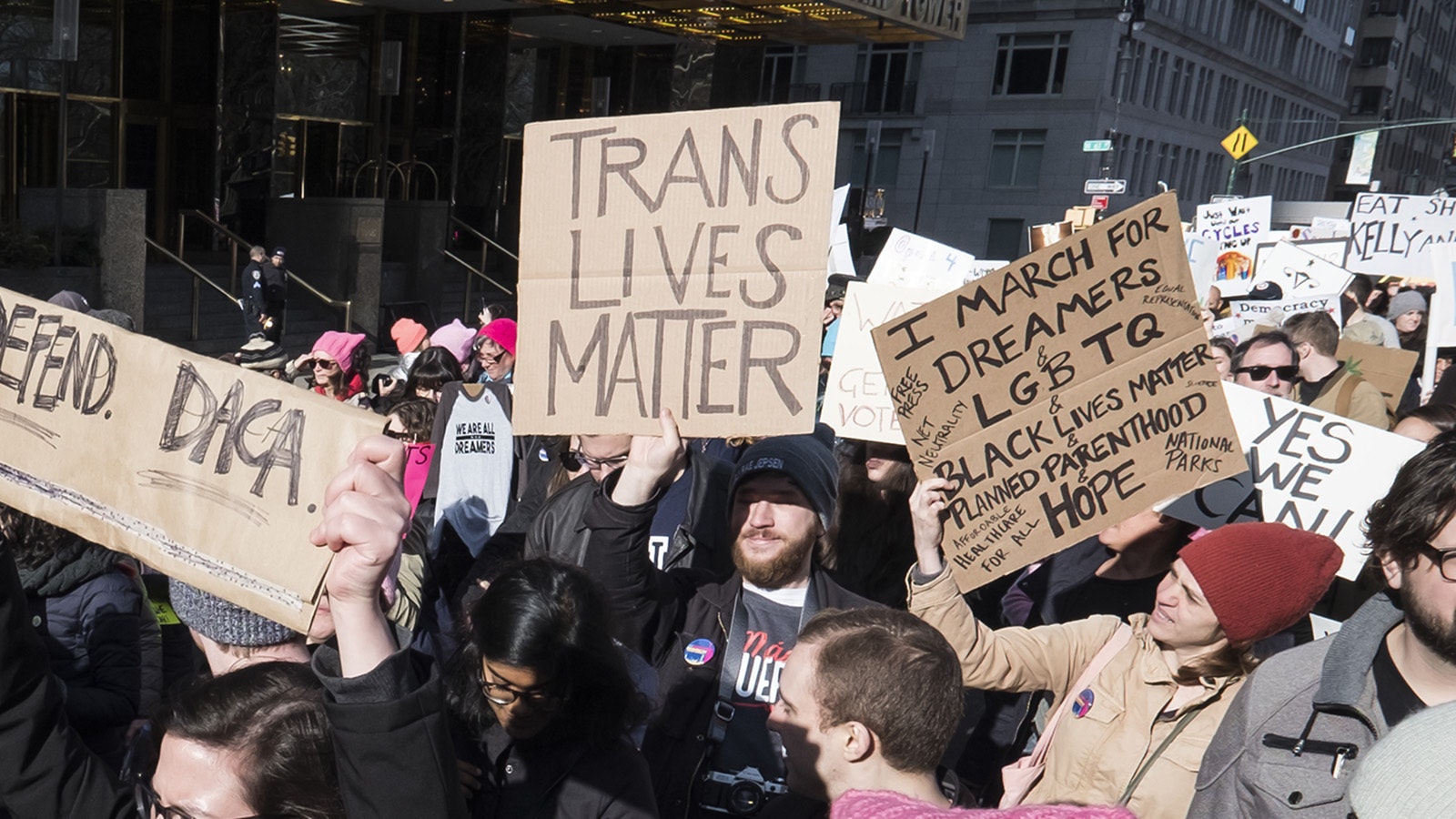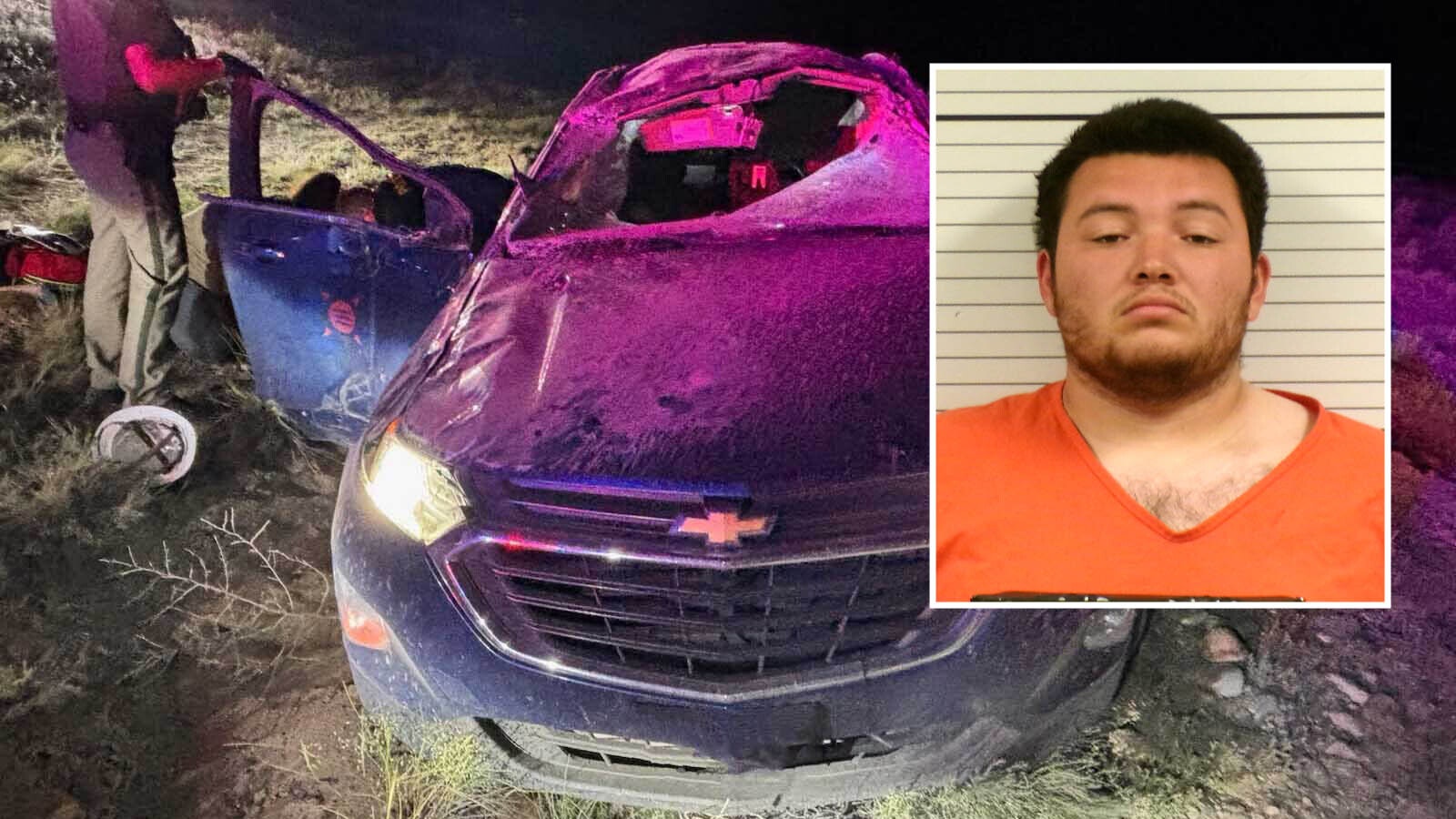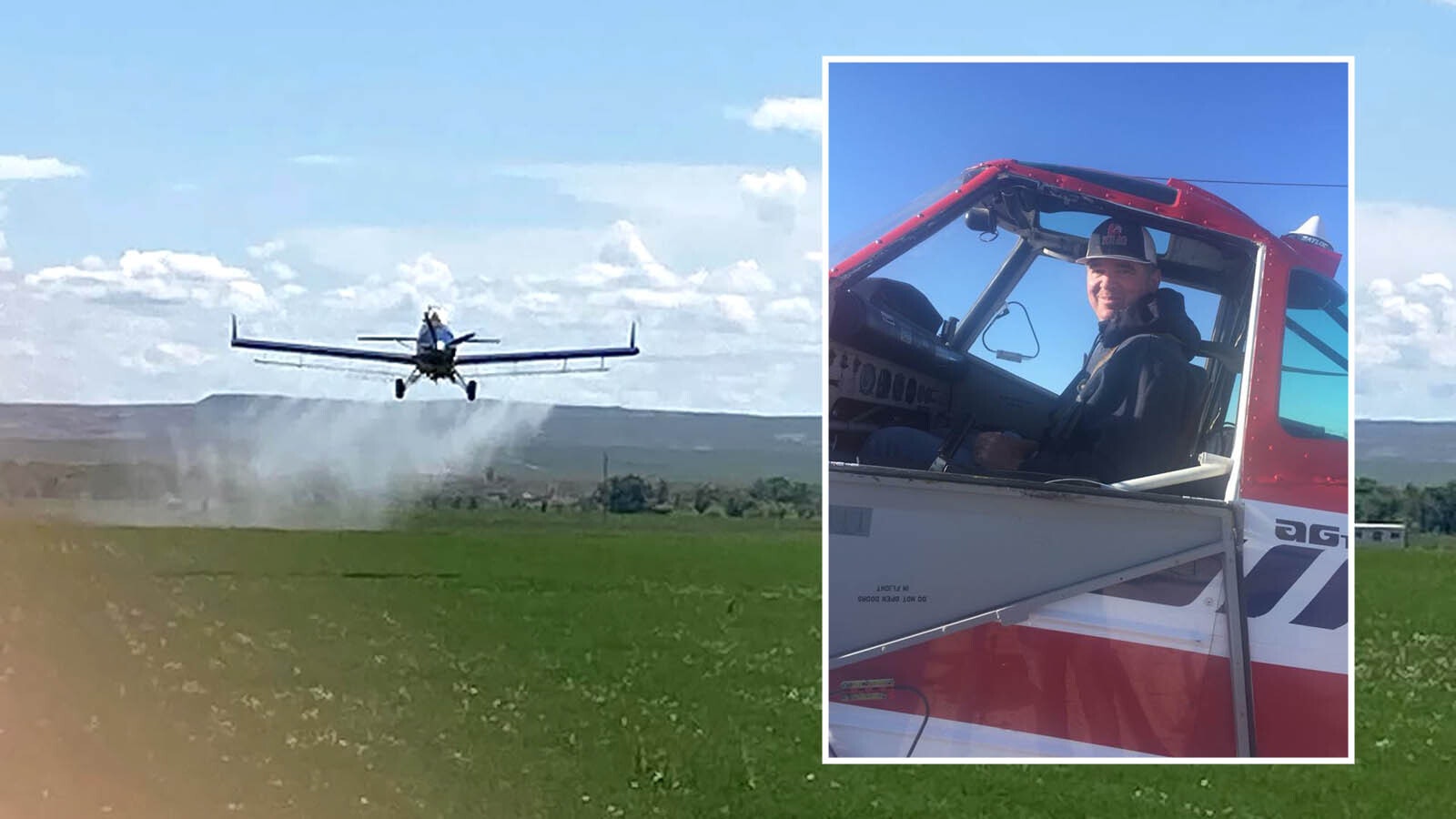A new Colorado law protecting transgender-treatment doctors from out-of-state scrutiny could interfere with Wyoming child custody cases, a Wyoming attorney and state representative says.
The law also may be unconstitutional, said Rep. Clark Stith, R-Rock Springs.
Democratic Colorado Gov. Jared Polis on Friday signed into law Senate Bill 188, which forbids Colorado courts and police from helping with out-of-state criminal and civil cases pertaining to abortions or transgender treatments – including for teens.
“The Colorado statute appears to violate the U.S. Constitution requirement that the courts of each state give full faith and credit to the judgments of other states,” Stith, the Wyoming House speaker pro tempore, told Cowboy State Daily on Wednesday.
He also said that the law could run afoul of a Wyoming Department of Family Services mandate to investigate disfigurement as child abuse in custody cases.
Stith specified that his statements aren’t legal advice since he’s not licensed to practice law in Colorado.
Normally, attorneys can gather case information in other states by asking those states’ courts to issue subpoenas on their behalf. The new Colorado law removes that ability where these kinds of treatments are at issue.
That Wyoming has no laws specifically prohibiting transgender-related treatments for children or adults limits the state’s ability to challenge Colorado’s new law, said Stith.
“Given the current state of Wyoming law, as it exists right now, I don’t believe there’d be an actual conflict in the (different state) laws,” he said, adding that if Wyoming passes those laws in the future, “we’d have a different situation.”
Polis praised Senate Bill 188 and two companion laws during his signing ceremony Friday.
“I’m proud to sign these pro-freedom laws to further uphold Colorado’s value of protecting access to reproductive health care,” said Polis in a statement. “I deeply thank Colorado’s Legislature for sending these bills to my desk and was proud to stand shoulder to shoulder with the bill sponsors today because here in Colorado, we value individual freedoms and we stand up to protect them.”
Cuts Both Ways
If Wyoming categorizes transgender treatments for kids as criminal child abuse in the future, Colorado’s new law would prevent Wyoming prosecutors from investigating transgender treatments in Colorado to build child-abuse cases.
But the Constitution cuts both ways, Stith said. If it’s unconstitutional for Colorado to block Wyoming criminal proceedings, it’s unconstitutional for Wyoming to build laws criminalizing conduct beyond its borders.
U.S. citizens have a constitutional right to travel between the states and partake in legal activity in each state.
“That is my opinion,” Stith said, noting that some attorneys may opine differently, “if you’re in another state where (something) is actually lawful, you’re not committing a crime against the state of Wyoming. … The authority of the state doesn’t go that far.”
The Wyoming Supreme Court has at least one exception in its case law: drug dealers who hatch conspiracies in another state to sell drugs in Wyoming can face Wyoming drug conspiracy charges.
You Can’t Beat Your Kid In Utah Either
Child welfare proceedings are different, Stith added.
The Wyoming Department of Family Services launches civil custody cases when parents abuse or neglect their children. The department can remove a child from a parent’s care temporarily, or permanently in severe cases.
In those cases, DFS should be able to gather evidence from other states, said Stith.
“It’s certainly relevant to a custody determination if you’ve taken your child to a different state and physically assaulted them,” he said. “In a custody proceeding it wouldn’t be a defense for the parent to say, ‘Oh, I beat my child, but it happened in Utah so that makes it OK.’”
Stith said he does not know whether Colorado has the right to restrict DFS access to useful evidence in other states.
“It’s a very interesting issue, and it’s unfortunate when states try to adopt laws to cancel each other out,” he said.
Disfigurement
Disfiguring a child or impairing one or more bodily organs qualifies as abuse under Wyoming’s child welfare statutes, which govern DFS actions.
Stith said the disfigurement law could let DFS open a case against a parent who took a child for a sex change in another state.
The Wyoming Constitution, however, guarantees parents’ rights to make health care decisions for their children.
Stith said a proponent of sex-change surgeries for kids may use that clause, but would still have to overcome another Wyoming Supreme Court determination.
“A parent does not have a constitutional right to harm a child,” said Stith. “The Wyoming Supreme Court has stated, ‘We will not sacrifice the best interests of the child on the altar of parental rights.’”
‘Pro-Freedom Laws’
Polis signed two other bills alongside Senate Bill 188.
Senate Bill 189 will require non-government large employer insurance plans to cover abortions, except where the employers have sincerely held religious objections, starting in 2025.
The third law, SB 190, classifies the act of offering abortion-pill reversals as “unprofessional conduct” for health care professionals.
A Colorado legislator who sponsored one of the bills said they’re a testament to Colorado’s high standards of care.
“We pass this legislation today in order to say ‘we see you in Colorado’ and ‘we’ve got your back,’” said Sen. Julie Gonzales, D-Denver. “Let the passage of these three bills stand as a testament to folks in this state and across the country that Colorado is a beacon for care.”
‘If It’s Such Good Treatment …’
Wyoming Sen. Anthony Bouchard, R-Cheyenne, said Colorado’s new law protects a lucrative industry and hurts individuals seeking justice.
Bouchard sponsored the failed Chloe’s Law bill in the recent legislative session, which would have let Wyoming discipline doctors for performing transgender treatments on kids.
He said Colorado’s new law could prevent de-transitioners from suing Colorado providers for operating on them or altering them chemically while they were still minors.
“So, they’re going to rewrite the rights of people, especially children?” asked Bouchard. “When they start putting more laws on the books that someone can’t sue, they’re protecting the industry.”
Bouchard said he believes Colorado’s law usurps the authority of the judiciary system and skews justice.
“Why should the medical professionals have protection from lawsuits when someone’s been wronged?” he asked. “If it’s so good – if it’s such good treatment – it’ll all come out in the wash.”
Wyoming Equality, an advocate for transgender-related treatments for children and adults, declined to comment to Cowboy State Daily.
Except Federal Courts
Stith noted that lawsuits involving people from different states often end up in federal, not state court.
Colorado can’t write laws restricting federal court procedures, Stith said, which limits the new law’s reach over many civil lawsuits.
Both Bills Failed
Wyoming’s Legislature contemplated two bills in its recent session that would have outlawed transgender treatments for kids: Chloe’s Law and Senate File 111, which would have categorized all transgender treatments for kids as felony child abuse.
Both bills failed.
Clair McFarland can be reached at Clair@CowboyStateDaily.com





